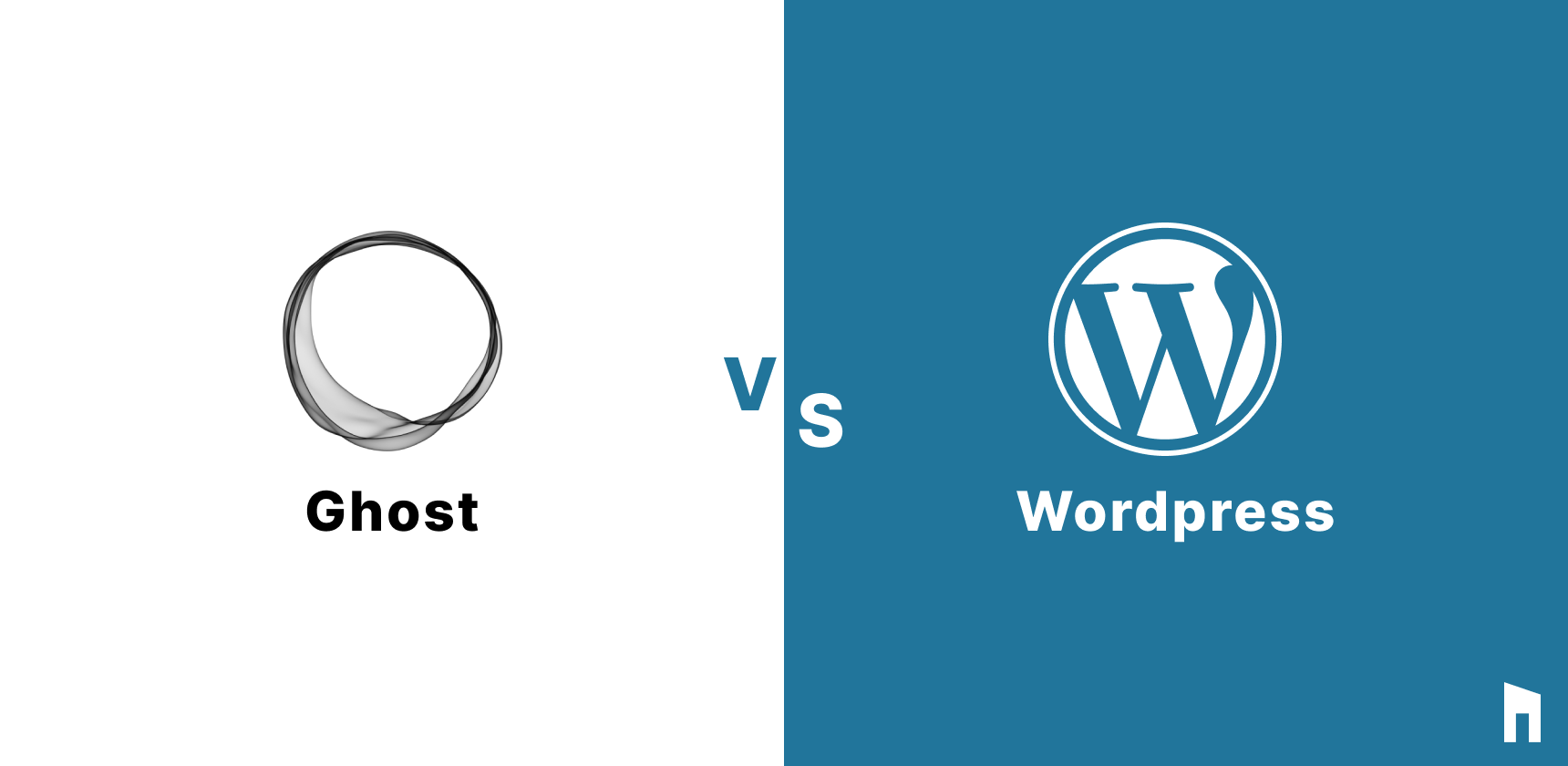WordPress vs. Ghost: Which Blogging Platform Should You Use?
Choosing a blogging platform is often something of a gamble - like searching for the perfect pair of shoes: one size does not fit all.
For creators, writers, or businesses alike, the choice often boils down to just two: WordPress and Ghost. Each is incredibly fine; they just suit differently.


WordPress is a very powerful platform, offering flexibility and scalability, whereas Ghost is an incredibly slick performance-driven platform centered on publishing. We're breaking down the key differences, pros, cons, and use cases of each platform in this guide to help you find the one that suits your blogging journey best.
WordPress: All-in-One Solution
WordPress is a highly flexible content management system whose omnipresence can be cited in the fact that it owns over 43% of the websites around the world. It offers the following:
- Unrivaled Flexibility: With thousands of themes and plugins, you can literally create any type of blog or e-commerce store.
- Ease of Use: A user-friendly dashboard allows beginners to access it easily.
- SEO-Ready: There are built-in features like permalinks and plugins like Yoast that make excellent search engine visibility a given. While this is good, it can be overwhelming to users who want a simple blogging platform because of so many options and complexity.
Ghost: The Lightweight Blogging Platform
Ghost is the new publishing platform that was launched in 2013. Now, it is a modern, lightweight blogging platform designed specifically for publishing.
Its features include:
- Blazing Fast Performance: Built with Node.js, Ghost is highly optimized for speed.
- SEO Built-In: No extra plugins required; Ghost handles structured data, AMP, and sitemaps natively.
- Writing Focus: An app that offers distraction-free editing and an interface ideal for bloggers.
However, it lacks the customization and third-party integrations WordPress affords.
Comparison: WordPress vs. Ghost


Use Cases: Which is Best for You?


Select WordPress if you need..
- A highly custom website.
- Thousands of plugins that can be used to add functionality beyond the platform.
- Building a more complex site, like an e-commerce store, content hub, or community site.
Select Ghost if..
- You are an author or publisher who focuses exclusively on content.
- You need the writer platform to support speed and performance.
- You want a very minimalistic, no-frills platform.
Advantages and Disadvantages of WordPress


Advantages
- Highly Customizable: Thousands of themes and plugins enable you to build any kind of website.
- Massive Community Support: A massive global community with forums, tutorials, and professional help.
- Scalable: Suitable for small blogs to large-scale websites like e-commerce or membership sites.
- SEO Plugins: Tools like Yoast and Rank Math make it easier to optimize for search engines.
- Open Source: Absolutely free to use and highly configurable to your needs.
Disadvantages
- Learning Curve: For new users, the numerous options might become overwhelming.
- Performance Issues: Generally slower because of the accumulation of bloated plugins without optimization.
- Frequent Updates: WordPress, themes, and plugins can be updated frequently, which can cause some kind of disruption in functionality.
- Security Risks: Prone to attacks if security plugins are not properly maintained.
Advantages and Disadvantages of Ghost


Advantages
- Performance-Based: Ghost is built with Node.js, so it is very light and extremely fast.
- Built-in SEO Tools: No plugins required; all SEO features are built in.
- User-friendly Editor: A distraction-free, modern writing editor
- Minimal upkeep: It has fewer moving parts, making it easier to manage and keep safe.
- Focused on publishing: Made for the blogger and content creator.
Disadvantages
- Less customization: Less in terms of themes and no plugin ecosystem compared to WordPress
- Less community: Less in terms of community support. Fewer tutorials compared to WordPress
- Subscription fee: Managed hosting can get really pricey for small-scale operation users.
- Restricted Use Cases: Not ideal for complex websites like e-commerce or forums.
FAQ's
Does Ghost have more user-friendly SEO support?
Yes, Ghost will have built-in SEO support, and WordPress requires the user to install a third-party plug-in like Yoast or Rank Math for SEO.
Is Ghost more accessible to beginners?
Yes, definitely, Ghost is easier, more non-threatening, and more easily accessible to new users.
Is WordPress suitable for large-scale sites?
Absolutely! With all the right setup and configuration, WordPress can handle complex and large sites.
Which one is cost-effective?
WordPress can be cheaper because you can self-host it, but if Ghost is paid for, its subscription includes hosting and built-in features, which makes it competitive.
I can easily migrate my WordPress blog to Ghost and vice versa?
Yes, both platforms provide tools or guides to migration and moving your content. WP to Ghost will perhaps demand more tedious work because of their architecture differences and WP's very liberal use of plugins.
Conclusion
Choosing between WordPress and Ghost depends on your priorities and goals. If you need flexibility and scalability for a wide range of websites, from blogs to e-commerce platforms, wordpress is the better choice with its large ecosystem of themes, plugins, and customization options.
However, if you need simplicity and performance, at least for content-based websites such as blogs or newsletters, ghost appears to be streamlined minimalist, focused on the element of speed as well as ease of use.
And in this regard, this is both platforms' strong suit, so your choice would probably depend on whether you prefer customization and its growth potential (WordPress) or fast, straightforward publication (Ghost).
